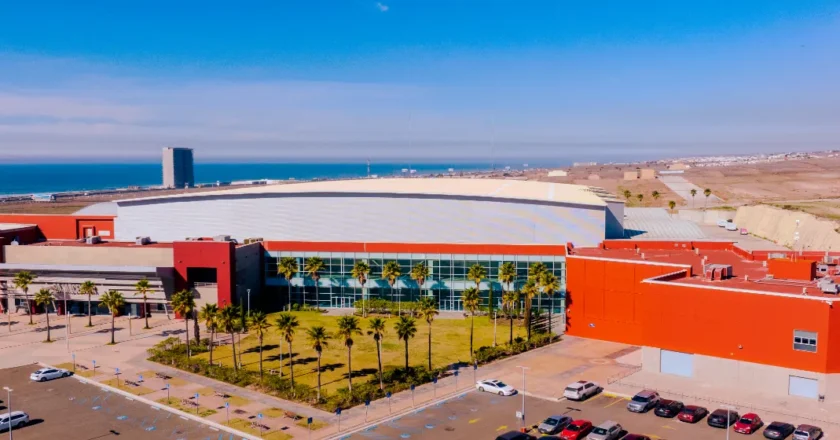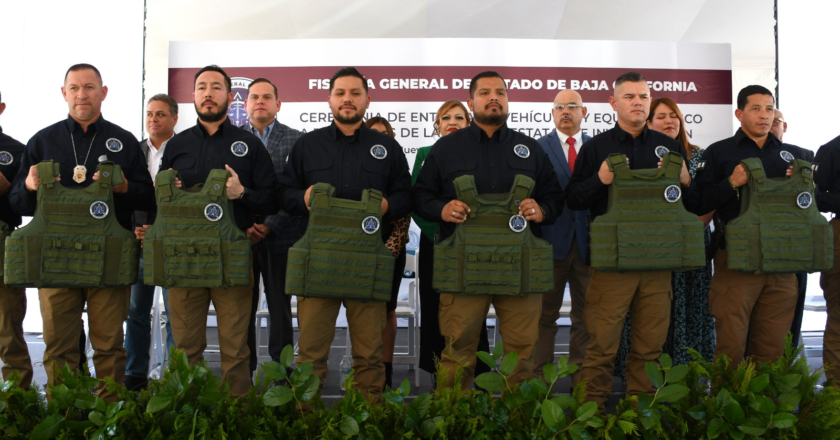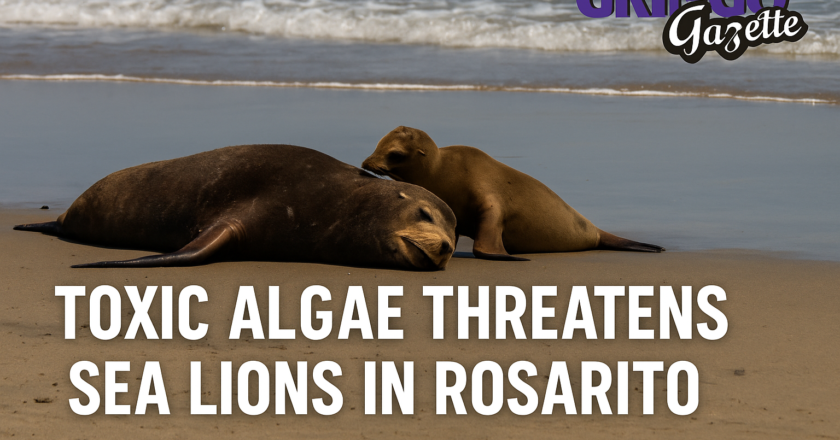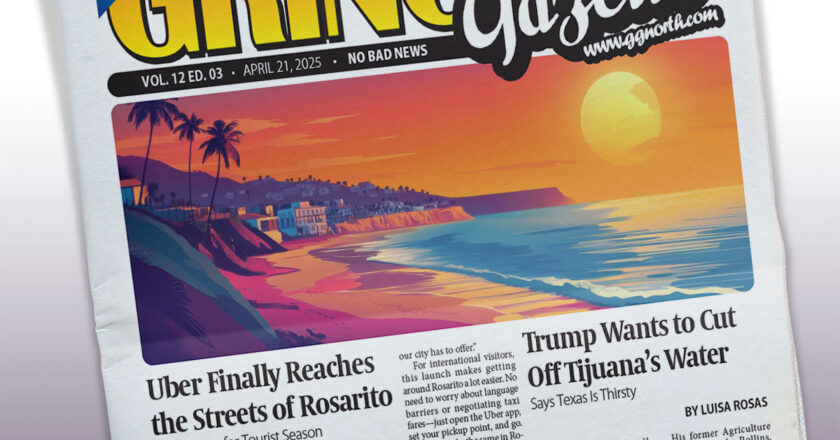Ensenada Celebrates Tuna Day with Free Family Event This Saturday, May 3, Ensenada is throwing a party for one of …


Ensenada Celebrates Tuna Day with Free Family Event This Saturday, May 3, Ensenada is throwing a party for one of …

This morning in Ensenada, a bus got stuck in a dip at the intersection of Calle Ruíz and Ámbar, causing …

An event with a purpose, not just a swing. On May 22, Fundación Mi Chante will tee off at the …

Baja California Throws Open the Doors Since Friday, April 26, the Tianguis Turístico has been buzzing at the Baja California …

Their mission: strengthen public safety in high-risk neighborhoods. This week, 400 specialized agents were deployed to Tijuana as part of …

Jennifer Lives On Through Organ Donation What started as a sunny afternoon in Los Arenales ended in tragedy for 16-year-old …

World Book Day 2025 Today, April 23, is World Book Day, and there’s no better excuse to open a book—and …

Ensenada has taken a significant step toward sustainable tourism On April 21, Governor Marina del Pilar Ávila Olmeda gave out …

Rising Concerns Over Toxic Algae Bloom Impact on Sea Lions In recent days, at least four sea lions have washed …

How to download a PDF of this publication:1. Locate the icon toolbar at the bottom part of the newspaper window. …